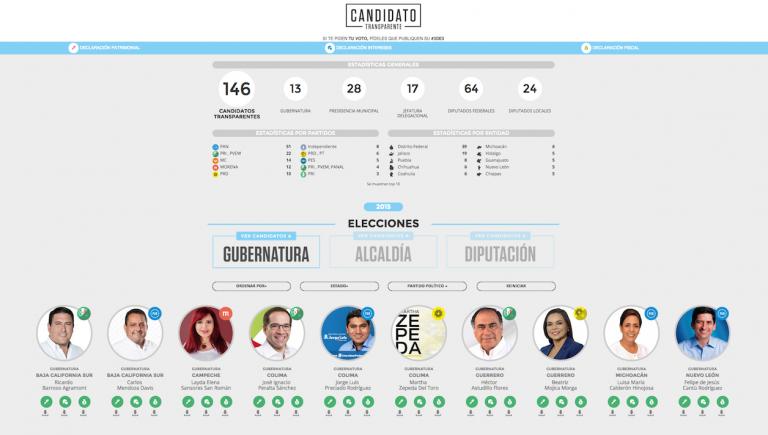MEXICO CITY — It’s no secret: Mexican politicians have a reputation for being corrupt as hell.
One former Mexico City mayor with a suspicious fortune coined a phrase about it: “Un politico pobre es un pobre politico,” said the late Carlos Hank, meaning, “a politician who’s poor is a poor politician.”
For decades, many Mexicans were resigned to that kind of attitude. But finally, public anger is forcing change.

